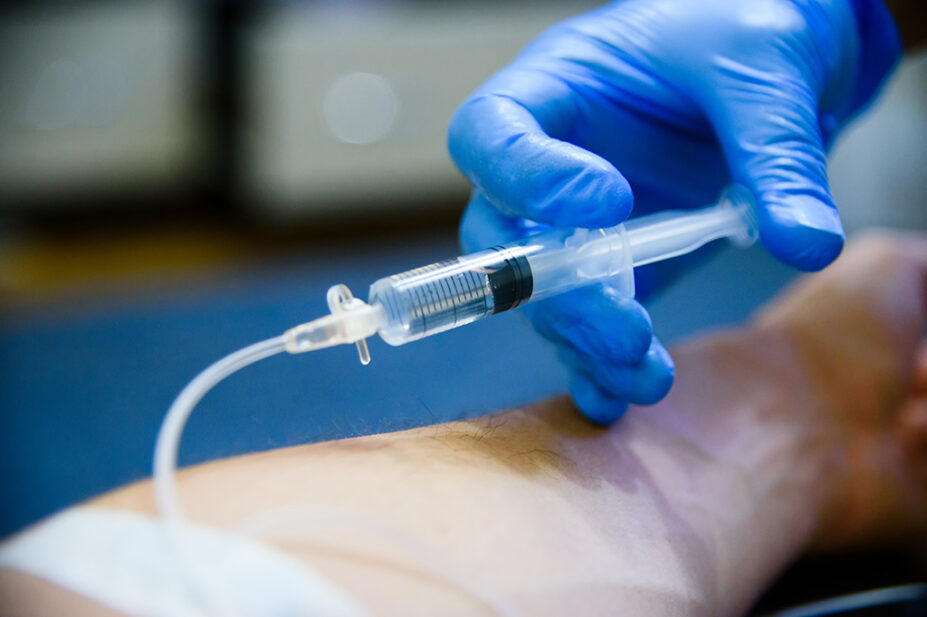
Shutterstock.com
The results of two phase 3 trials of the monoclonal antibody mirikizumab have shown that the drug is better than placebo at inducing and maintaining remission in adults with moderately to severely active ulcerative colitis.
The study, published in the New England Journal of Medicine on 28 June 2023, randomly assigned 1,281 patients at 383 sites in 34 countries, to receive intravenous mirikizumab 300mg or placebo in a 3:1 ratio as part of the induction trial. The treatment was administered intravenously every 4 weeks for 12 weeks.
Mirikizumab, which targets interleukin-23, is currently under consideration by the National Institute for Health and Care Excellence for treating moderately to severely active ulcerative colitis.
The researchers, found that 24% of patients who were given the drug were in remission at the end of the trial period, compared with 13% who were given placebo.
Of those who had responded to the drug, a further trial was conducted, in which 544 patients were randomly assigned in a 2:1 ratio to receive either a 200mg maintenance dose of mirikizumab, or placebo.
At week 40 of the maintenance trial, 49.9% of those on maintenance therapy were still in clinical remission, compared with 25.1% of those who were not on maintenance therapy.
The trials showed that there was an association between receiving mirikizumab and a higher rate of opportunistic infections and some cancers.
Of the 1,217 patients treated with the drug across both trials, 15 acquired an opportunistic infection, including 6 with herpes zoster, and 8 developed cancer, including 3 with colorectal cancer. In the placebo group, 1 patient acquired a herpes zoster infection and none had cancer.
Geert D’Haens, lead author and professor of gastroenterology at Amsterdam University Medical Centers, which was involved in the trial, said: “There is still a high unmet need for safe and effective treatments for ulcerative colitis. This new medicine meets this need for an important proportion of patients.”
He added: “If we combine these results together, we see that mirkizumab is an effective drug for those patients with moderately severe and severe forms of ulcerative colitis. We hope that it will be available as a treatment option in Europe this year.”
Ulcerative colitis is an inflammatory disease of the bowel that affects approximately 300,000 people living in the UK.
Interleukin-23 has been identified as a key mediator of gut inflammation in both Crohn’s disease and ulcerative colitis, as well as the skin disease psoriasis. The researchers claimed that mirikizumab is the first antibody targeting interleukin-23 to be tested in ulcerative colitis.
Commenting on the results of the trials, Sarah Sleet, chief executive of Crohn’s & Colitis UK, said: “Existing medications may not work for some people, or indeed stop working for others.
“Expanding the treatment options for eligible people living with colitis is a promising step forward.”


